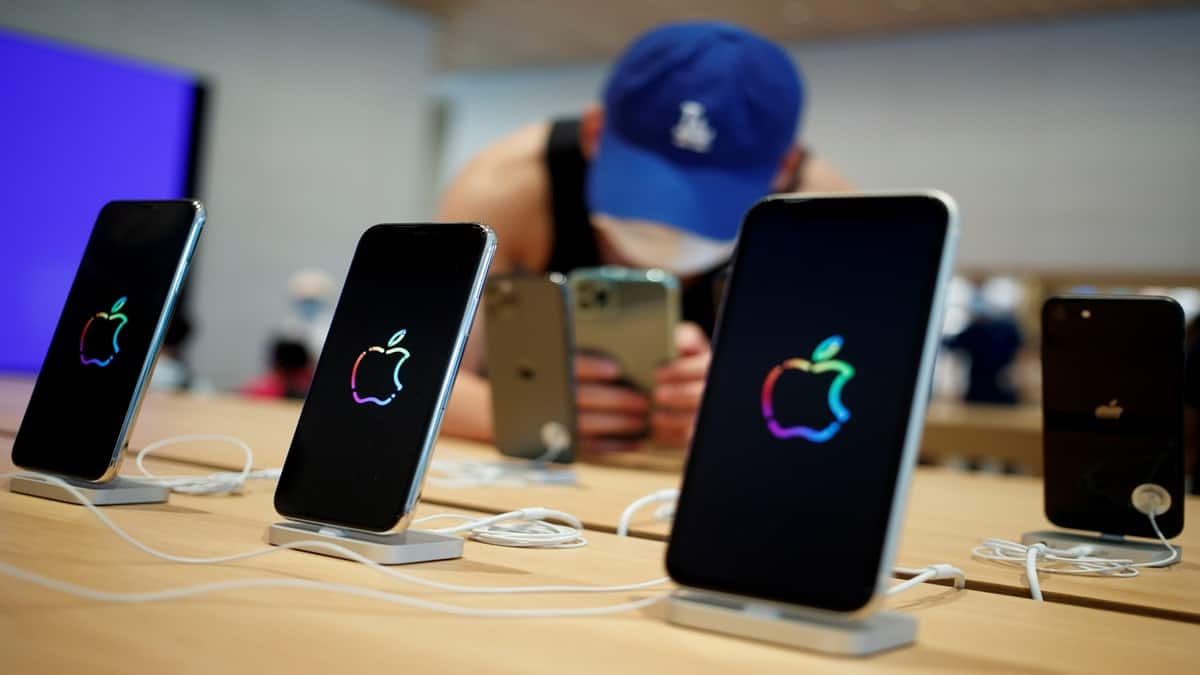Making more iPhones: India must exploit the short window to capitalise on de-risking supply chains from China
At a time of heightened US-China rivalry and de-risking of supply chains from the dragon, the growing scale of Apple’s local iPhone production is definitely good news. India must step up its efforts to capitalise on this process as there is only a short window of opportunity to exploit, as has been rightly pointed out by NITI Aayog CEO BVR Subrahmanyam. Apple is looking to make 50 million iPhones a year within the next 2-3 years, which, if achieved, would entail India accounting for 25% of its global production. The US tech giant’s preferred contract manufacturers, which include the Tata Group, are already more than achieving their production-linked incentive targets for FY24 and are ramping up capacities. The steel-to-software Tata Group, for instance, acquired Wistron Corporation’s operations near Bengaluru. Besides making iPhone components near Hosur in Tamil Nadu, the Group has plans to build a new facility that will have 20 assembly lines and employ 50,000 workers to assemble iPhones.
To facilitate Apple’s growing level of ambition, there is a critical need for replicating the iPhone ecosystem in the country. The US major is now pushing its existing battery manufacturers in the mainland like Desay and Taiwanese Simplo Technology to establish local facilities for its forthcoming iPhone 16, according to Financial Times. The Japanese company TDK is also setting up a facility. However, this could be challenging considering the intensified screening of foreign direct investment proposals since April 2020 from countries sharing land borders with India, obviously targeting China. Although half of China’s proposals have been cleared, one of Apple’s exclusive vendors, Luxshare, did not receive approvals for its expansion plans. For such reasons, Desay, too, might face obstacles to establish local facilities. However, this may not affect Sunwoda to supply batteries as its local facility was established before the FDI screening kicked in.
For India to be a preferred destination for Apple’s supply chains, the policy imperative must be to become more competitive vis-a-vis Asian rivals with a manufacturing ecosystem, better infrastructure, land and labour reforms. Luxshare has opted for a big-ticket expansion plan in Vietnam. The warrant for more flexible labour reforms has been underscored by Wistron’s bitter experience with local work culture three years ago, with workers violently protesting against unpaid wages and arduous hours. Above all, there is a need for a more open trading regime and participation in regional free trade agreements like the Regional Comprehensive Economic Partnership and Comprehensive and Progressive Agreement for Trans-Pacific Partnership.



